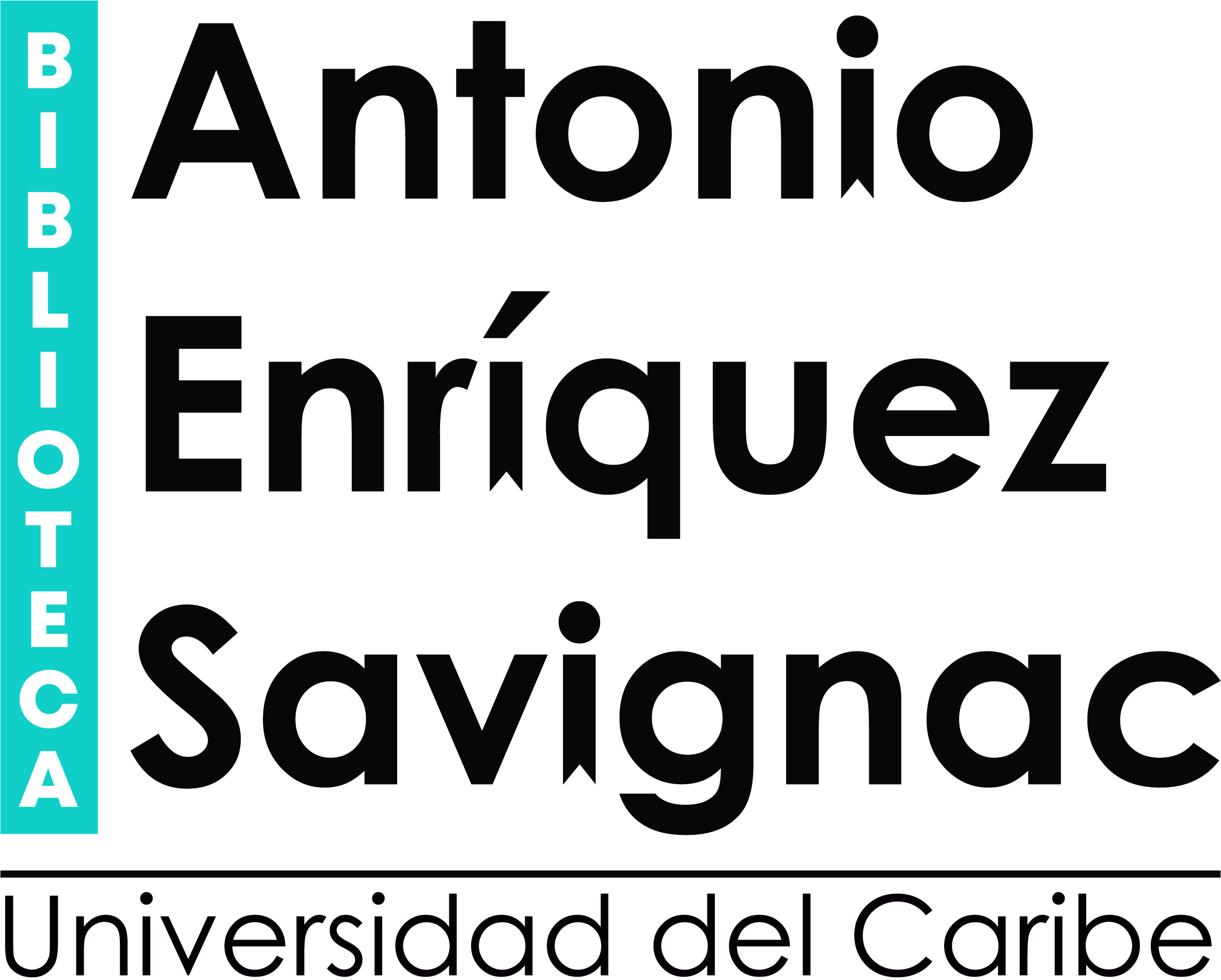The organization of information / Arlene G. Taylor
Tipo de material: TextoSeries Detalles de publicación: Connecticut : Libraries Unlimited, c2009Edición: 3a edDescripción: xxvi, 512 p. : il. ; 25 cmISBN:
TextoSeries Detalles de publicación: Connecticut : Libraries Unlimited, c2009Edición: 3a edDescripción: xxvi, 512 p. : il. ; 25 cmISBN: - 9781591585862
- 9781591587002 (pbk. : alk. paper)
- Z 666 .5 T2381
| Tipo de ítem | Biblioteca actual | Biblioteca de origen | Colección | Signatura topográfica | Copia número | Estado | Notas | Fecha de vencimiento | Código de barras | Reserva de ítems | |
|---|---|---|---|---|---|---|---|---|---|---|---|
 Libros para consulta en sala
Libros para consulta en sala
|
Biblioteca Antonio Enriquez Savignac | Biblioteca Antonio Enriquez Savignac | COLECCIÓN RESERVA | Z 666 .5 T2381 (Navegar estantería(Abre debajo)) | 1 | No para préstamo | Biblioteca | 023629 |
Navegando Biblioteca Antonio Enriquez Savignac estanterías, Colección: COLECCIÓN RESERVA Cerrar el navegador de estanterías (Oculta el navegador de estanterías)
Sobre los autores: ARLENE G. TAYLOR is professor emerita, School of Information Sciences, University of Pittsburgh, and author of several works on cataloging and classification and authority control. She has received ALA's Margaret Mann Citation in Cataloging and Classification and the ALA Highsmith Library Literature Award. DANIEL N. JOUDREY is an assistant professor in the Graduate School of Library and Information Science, Simmons College, Boston, Massachusetts, where he teaches information organization and cataloging. His research interests include aboutness determination, subject access to information, and cataloging education.
Incluye bibliografía p. 479-498
Organization of recorded information -- Retrieval tools -- Development of the organization of recorded information in Western civilization -- Metadata -- Encoding standards -- Systems and system design -- Metadata : description -- Metadata : access and authority control -- Subject analysis -- Systems for vocabulary control -- Systems for categorization -- Conclusion
This third edition of Taylor's modern classic continues to articulate the theory, principles, standards, and tools behind information organization. As with previous editions, it begins with strong justification for the continued importance of organizing principles and practice. Following a broad overview of the concept and its role in human endeavors, Taylor and Joudrey provide a detailed and insightful discussion of such basic retrieval tools as inventories, bibliographies, catalogs, indexes, finding aids, registers, databases, major bibliographic utilities, and other organizing entities; and subsequently trace the development of the organization of recorded information in Western civilization from 2000 B.C.E. to the present. Standards of codification (MARC, SGML, and various DTDs), controlled vocabularies and ontologies, and Web 2.0 technologies are but a sample of its extensive topical coverage
Fondos Universidad Compra 20100907 0

